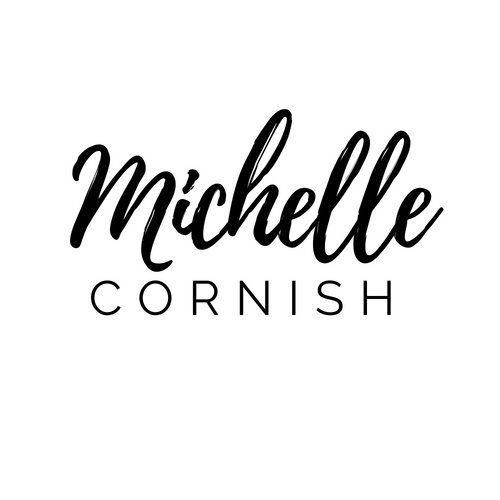Journaling to Let Go of Worry and Cultivate Optimism
/This post was previously published on the site Create Write Now and is republished with permission from Create Write Now and Mari McCarthy.
GUEST POST BY MELIA DICKER
I was born a worrier into a long line of worriers. As a child, I’d often lie awake at night, terrified that burglars would break into my house, or that I’d fail the upcoming test at school the next day. Now that I have a home and children of my own, I fret about the dozens of details required to keep our lives humming along, from packing lunches to meeting urgent deadlines at work.
Read More









